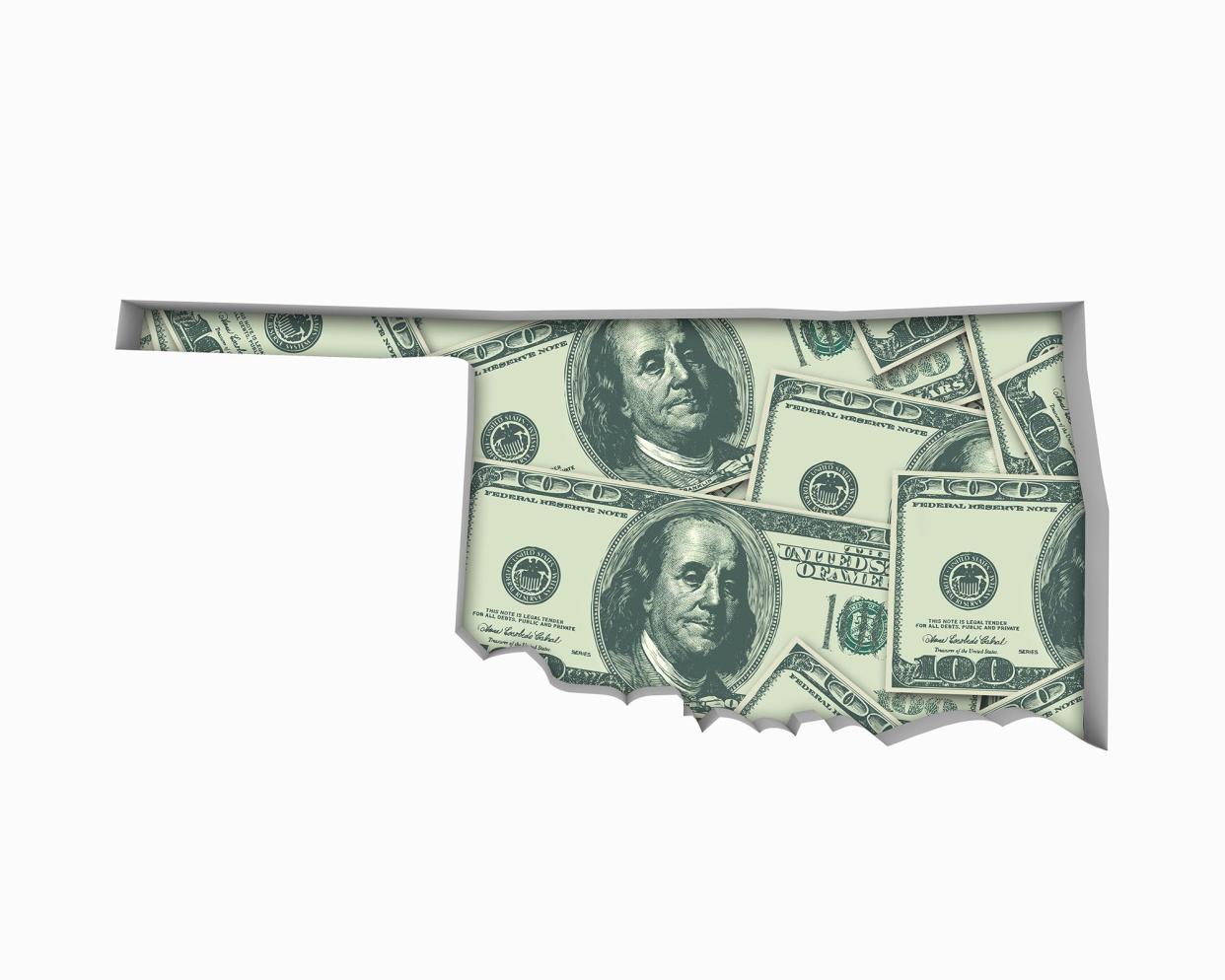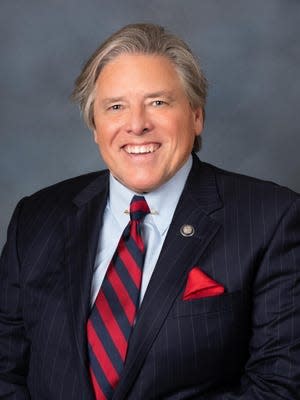Guest: Current adversarial, antagonistic policy toward OK tribes detrimental to growth

Oklahoma is Native America. Oklahoma’s economic success depends on state, business and tribal partnerships. Period. Our culture is blended. This gives us strength through our diverse story and progressive tribal partnerships in competing with larger states for economic growth.
Oklahoma’s 2024 budget is projected to be over $13 billion. The economic impact of Oklahoma’s tribes is over $16 billion. The combined operating budgets of the Chickasaw and Cherokee is over $6 billion alone.
Tribal governments are the equivalent of multiple Fortune 1,000 companies and economic engines within Oklahoma’s economy. Their impact is critical for the growth and sustainment of rural Oklahoma. They have large health care systems, educational investment and infrastructure development that brings new enterprises to Oklahoma. Annually, they employ over 50,000 Oklahomans and pay over $2.5 billion in wages.
It is hard to understand why our governor continues to attack the tribes and refuses to acknowledge their significance to Oklahoma. Why not accept the powerful, combined opportunities between the state and tribes that would benefit Oklahomans? The current adversarial, antagonistic policy is detrimental to our growth.
Oklahoma is a small state. We have a total population of about 4 million. The Dallas-Fort Worth metroplex alone has double this population. We need every advantage to compete for new jobs and business investment nationally, and our tribal heritage is a key to this.
We are powerful together and weaker divided. Businesses need labor options, our workforce development is lagging and we have a 15% shortfall. Tribal governments invest in education, job development, health and welfare ― all essential components of a growing workforce. We are falling short in the number of available college educated employees ― the key to advanced research, IT, health care, aerospace and energy jobs. We need all the collective economic power we can muster.
According to a WalletHub report, Oklahoma ranks 11th among states with the most financial distress. According to the U.S. Census, we rank among the top 10 poorest states in the United States, and CNBC has us 41st among top states for business. Despite rhetoric, we are top 10 ... we are, just in the wrong categories.
For ourselves, our children and our future as Oklahomans, we cannot overlook the significance of the role of Native Americans in our history, culture, society and, now, economy. The stories of Indian Country are collectively powerful, poignant, tragic and courageous. They are stories of survival in the greatest sense of that word. In a mere 100 years, Oklahoma’s tribes have re-emerged as powerful economic and cultural leaders, willing to work together with the state despite the checkered history of abuse and disrespect. They are ready to move beyond our past to a more united and progressive Oklahoma. They are true to their Native cultures but also consider themselves Oklahomans and, importantly, neighbors.
Oklahoma's story, if positively developed, has power for economic growth and our state’s image. We must embrace it. Consider the impact of First Americans Museum in OKC and tribal investments in communities statewide. Together, achieving top 10 status in the right categories.
We must insist our governor and state government move into the 21st century. There can be no turning back on progress. We can set a national example of partnership, inclusion, acceptance and working together for the common good.

Phil G. Busey Sr. is chairman and CEO of DRG and The Busey Group of Cos.
This article originally appeared on Oklahoman: Tribal economies are essential to Oklahoma’s economic success

